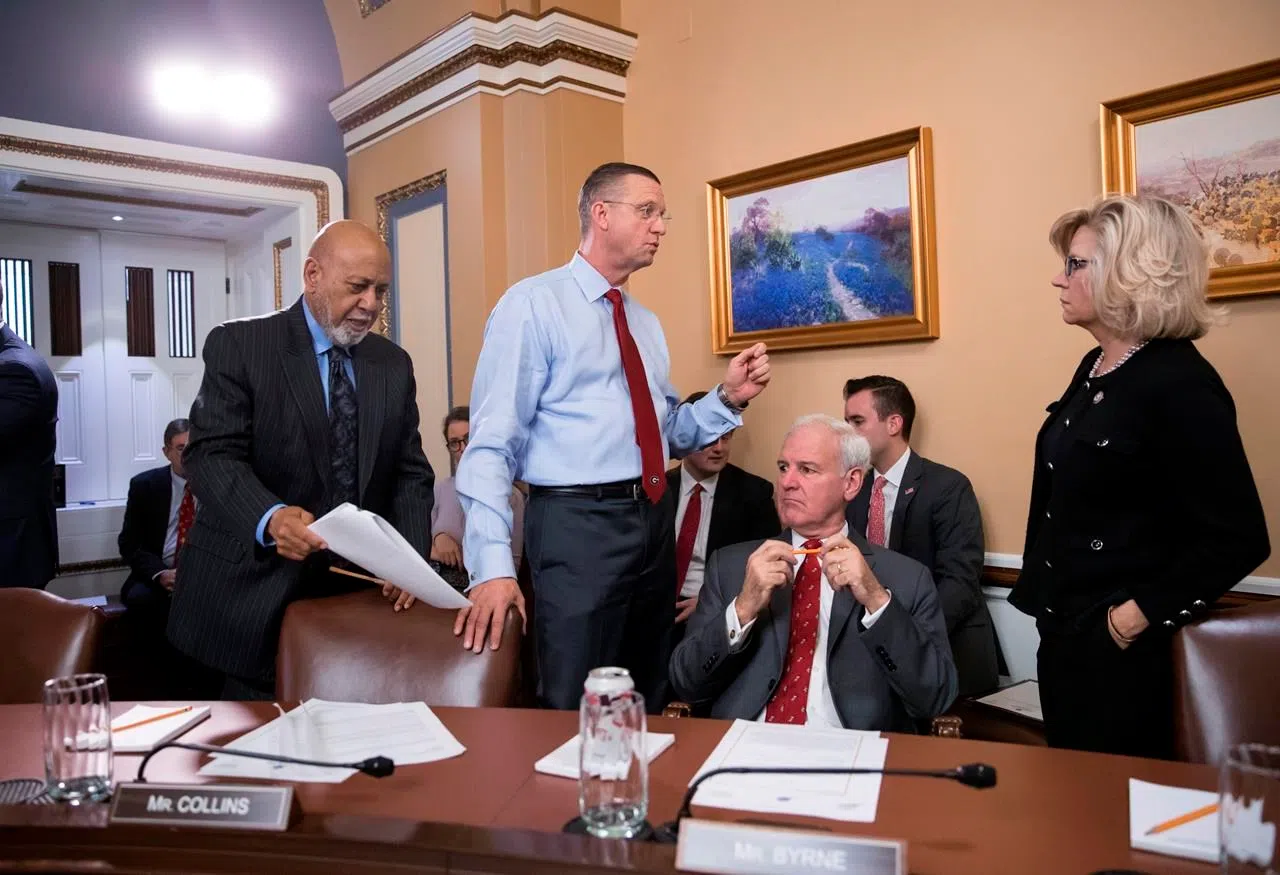
U.S. passes landmark tax bill: What it means and what it does to Canada
WASHINGTON — In the dying hours of debate, as the United States prepared to pass its most far-reaching tax reform in decades — touching health care, the economy, and the national debt — one senator mentioned how it would also touch the northern neighbour, Canada.
He predicted it would pull companies south.
“We’re not gonna have any more pharmaceutical companies buying donut-makers in Canada and move their headquarters to get a lower tax rate,” said Sen. Johnny Isakson, in a slightly bungled reference to Burger King buying Tim Hortons and relocating north.
“We’re gonna have a lot more companies thinking about becoming donut-makers and doing it right here in the United States … It’s an incentive to stay in America if you’re located there, and come to America if you’re not.”


